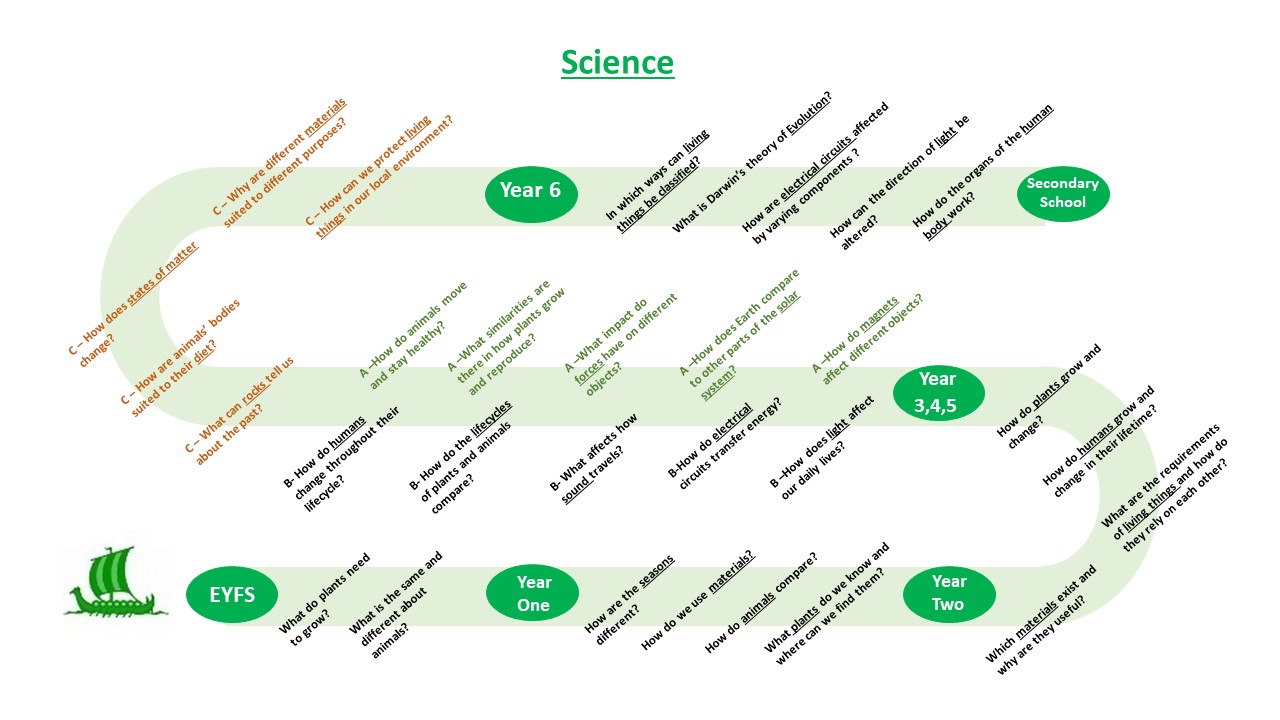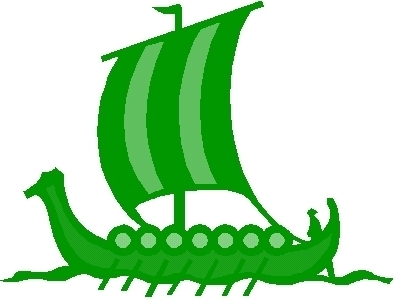Science
Our Science Curriculum:
At Wittersham Church of England Primary School, our commitment to a comprehensive, personalised curriculum, woven with the golden threads of Compare, Reflect, and Discover, extends to all areas of education, including our Science curriculum. We are proud to utilise the dynamic and engaging Kent Science curriculum to ignite our students' curiosity and passion for the world of science.
Intent:
Science is the cornerstone of understanding the natural world and fostering critical thinking. The American educator, Rachel Carson, once emphasised the significance of science education, stating, "The more clearly we can focus our attention on the wonders and realities of the universe, the less taste we shall have for the destruction of our race." Our Science curriculum, guided by the Kent Scheme, aims to cultivate this awareness.
Through the lens of Compare, we encourage students to explore diverse scientific concepts and theories. We promote Reflection on the impact of science on our daily lives and the environment, and we empower students to Discover the joy of enquiry and exploration.
Implementation:
In our Science curriculum, we nurture young scientists using inquiry-based learning. This approach emphasises learning through experience and experimentation, fostering critical thinking and problem-solving skills.
Our science classes encourage students to demonstrate courage as they delve into the unknown, to take risks in their pursuit of knowledge, and to work together in a spirit of cooperation during experiments and investigations.
Impact:
The impact of our Science curriculum, guided by the Kent Scheme extends far beyond the classroom. Students develop a deeper understanding of the world around them and acquire essential scientific skills. They not only learn to appreciate science but also become budding scientists, capable of asking questions, forming hypotheses, and conducting experiments.
Our Science curriculum contributes to a student's holistic growth, nurturing not only their scientific acumen but also their capacity for critical thinking and their ability to collaborate effectively. It encourages students to be compassionate by understanding the environmental impact of their actions, courageous in their pursuit of scientific knowledge, and cooperative as they engage in group projects.
In conclusion, our Science curriculum, guided by the Kent scheme, embodies our school's commitment to a well-rounded education that includes the golden threads of Compare, Reflect, and Discover. Through this approach, we nurture the next generation of scientists and well-rounded individuals who carry the values of compassion, courage, and cooperation into all aspects of their lives.

